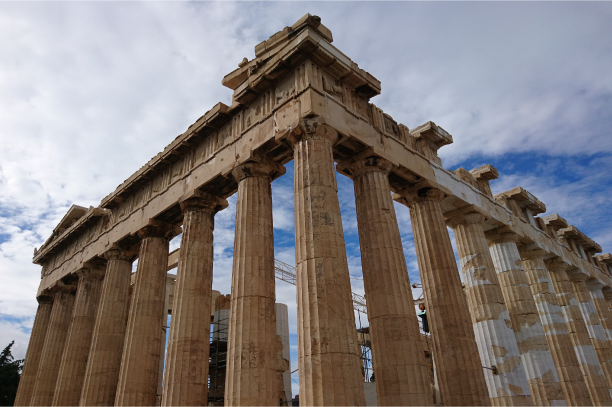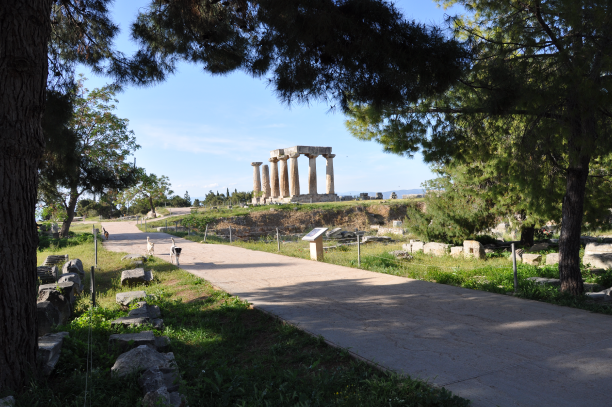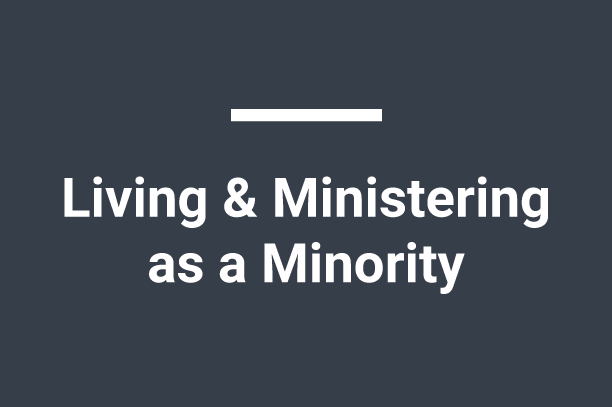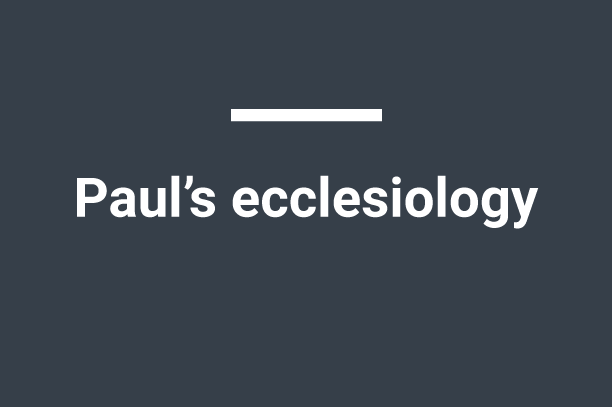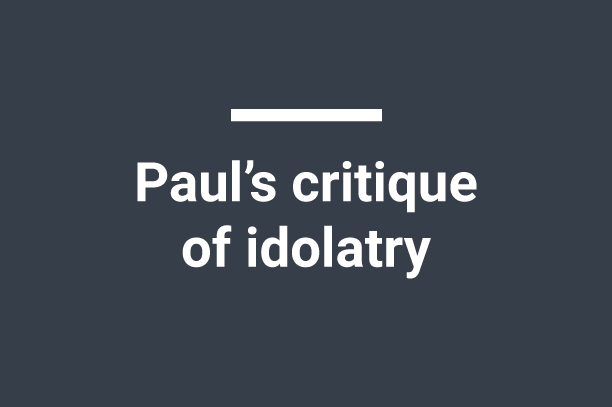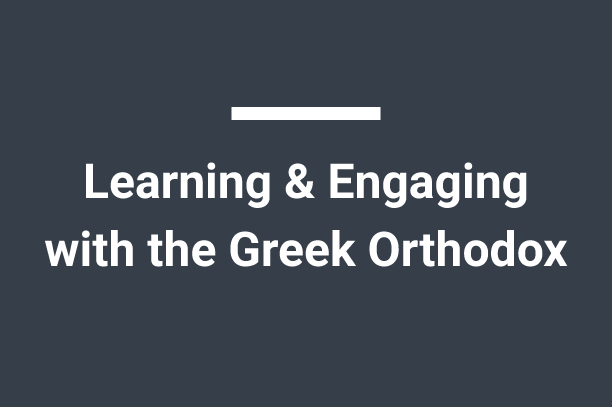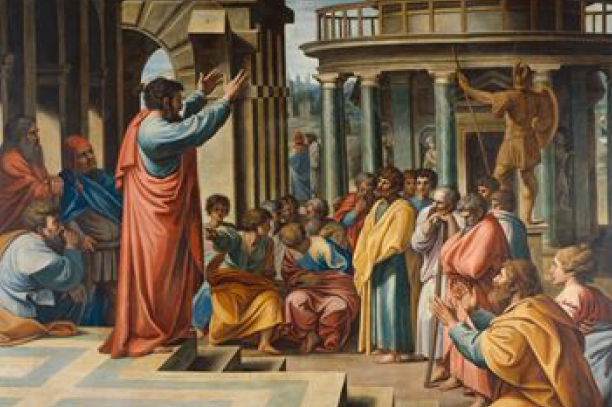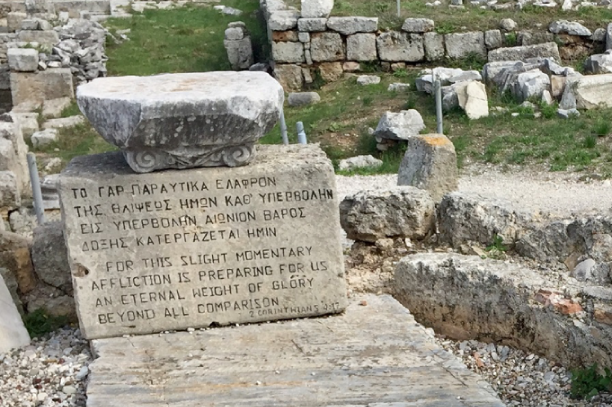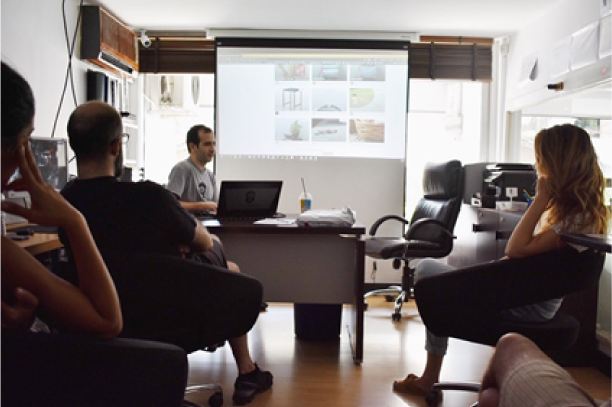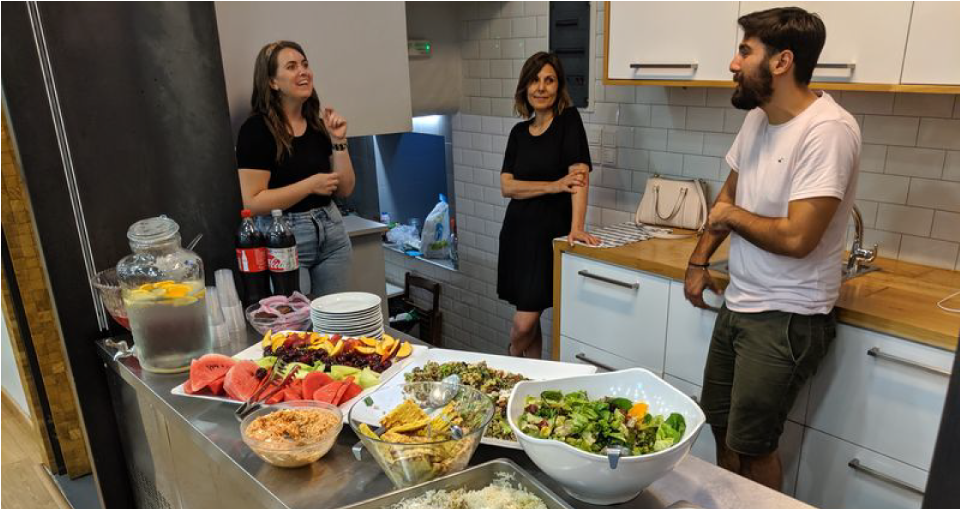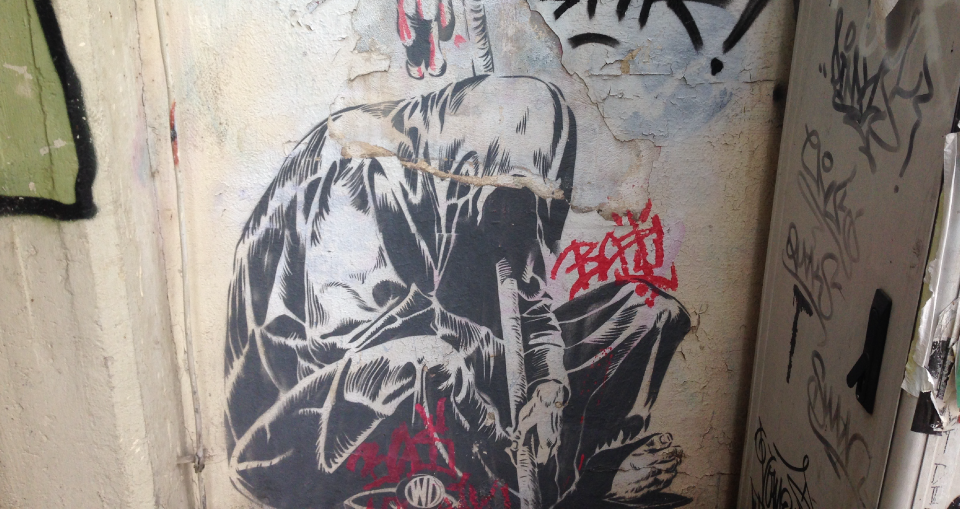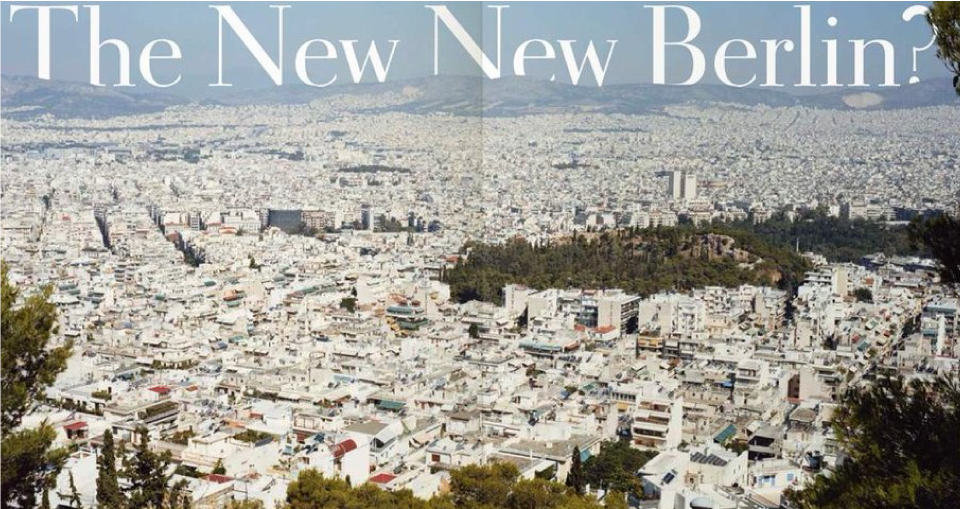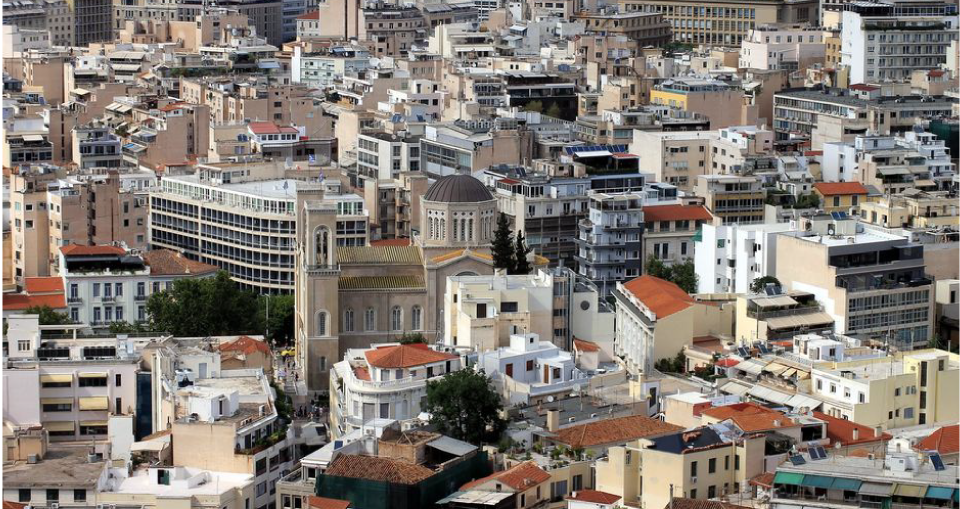Paul’s critique of idolatry
In today’s secular and pluralistic world, many people are surprised to find that religiosity is growing rather than decreasing. Even as people abandon traditional religion in droves, alternative spiritualities are on the rise.
Why is this topic important?
In today’s secular and pluralistic world, many people are surprised to find that religiosity is growing rather than decreasing. Even as people abandon traditional religion in droves, alternative spiritualities are on the rise. This would not have been a surprise to the apostle Paul. In fact it was in this very city, Athens, that he embarked on his most famous critique of a pluralistic culture that was so adept at creating new gods that it even had a statue to an unknown God.
What we are going to do?
We will go to Mars Hill to read and discuss Paul’s famous sermon. Then we will look at how Paul’s critique of idolatry helps us engage better with our own culture today, compared with various other reductionistic and truncated approaches to explaining sin, its consequences and repentance and faith in Christ. We will see how the language, and critique, of idolatry opens up the Bible in new ways for both instructing believers in their faith and holding out the gospel to the watching world.
The Goal?
We aim to become adept at identifying the idols of both our own heart and our culture’s, in order to become more effective servants of the Gospel in our own context.
Your Host:
Tim Coomar
Born and raised in the UK, but with a Greek/Sri-Lankan heritage, Tim has been serving in the context of the Greek Evangelical Church since 2008, first as an intern and then, since 2011, as a church planter at the Exarcheia plant, together with Alexandros.
He studied Modern and Medieval Languages (MA, University of Cambridge) before switching to Theology (MTh, Union School of Theology).
Before he came to work for the church, he trained as a web developer, something he continues to this day as an instructor.
Tim is married to Cynthia and they have two daughters, Anna Cordelia (4) and Leda Jane (2).


